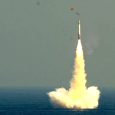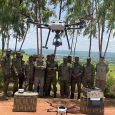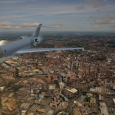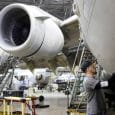Russian Nuclear Powers : In the 1980s, Russian nuclear power reached its nadir. As a result, the Russian military began focusing on the modernization of their nuclear strike forces and on the recapitalization of their nuclear command and control architecture. This shift in focus is an indication of the growing importance of survivability and efficiency in the defense of the country. Today, the Russian military is developing new weapons systems and is advancing nuclear technology.
Russia has a nuclear force that is capable of destroying large cities and entire countries. As part of this process, it has accelerated its weapons modernization. The Russians have spent the past two decades acquiring and modernizing their weapons systems. While many countries consider nuclear weapons to be a deterrent, some believe that the United States should continue to cooperate with China on arms control and nonproliferation. However, the current situation is far from ideal, and the United States needs to take its lead in the arms race.
Rosatom has considered extending the lifetimes of the reactors in Russia. At the end of 2016, it extended the licences of 10 of the 11 operating RBMK reactors. In the aftermath of the Chornobyl NPP accident, Rosatom made significant modifications in the design of the units. The replacement of fuel channels was also one of the changes. Currently, a 45-year life span is considered feasible for most 1000 MW(e) units. In 2011, these units provided 47.5% of the Russian Federation’s nuclear generated electricity.
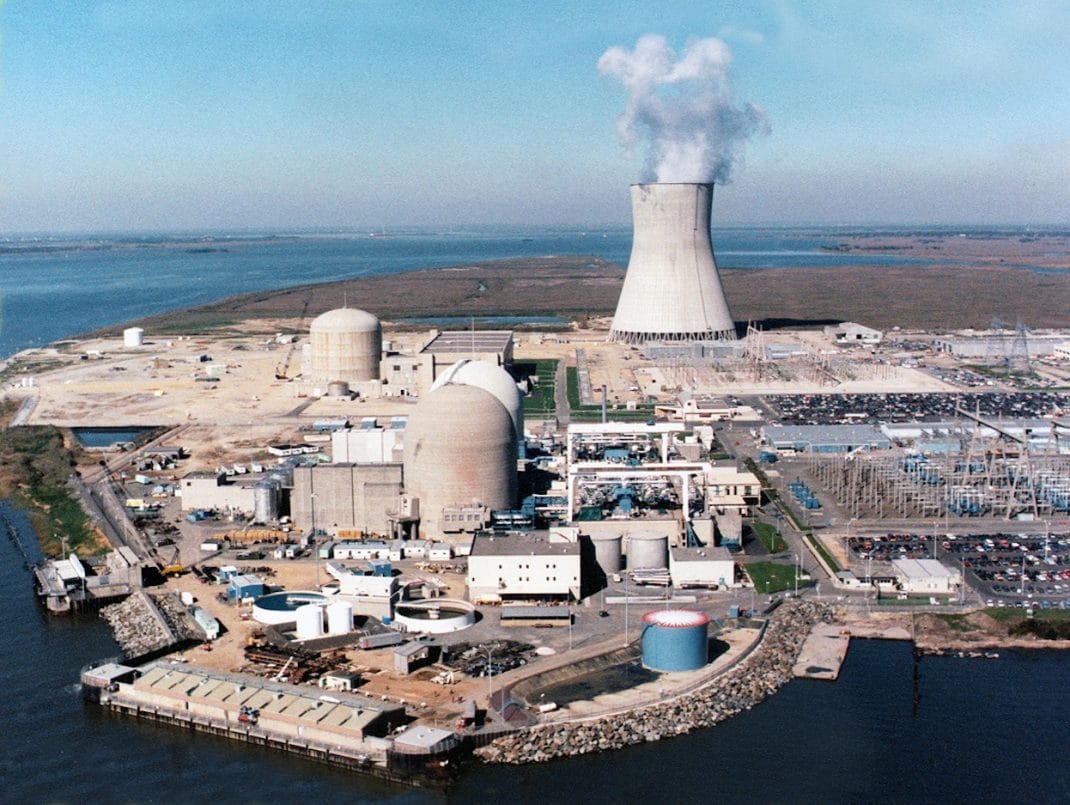
Contents
The Russian Nuclear Powers and the Risks of a Nuclear War
The Russian nuclear powers have been modernizing their nuclear forces since the Chernobyl disaster, but they are facing many challenges, including the risks of a nuclear war. The latest reactors are more powerful and more fuel efficient than their predecessors, but they are also more expensive. A major challenge for the Russian government is determining how to deal with this situation, and ensuring that it is a non-violent solution to its energy problems.
The Russians have not backed down from their commitments to decommission their arsenals. They have not only criticized the US for not fulfilling its commitment to reduce their nuclear arsenals, but they have also voted against a UN resolution that established a formal mandate for states to begin negotiations. This move by the Russians may have been a mistake. It will be interesting to see what they decide to do next.
On Russian television, the president of Russia has ordered his chief of staff and defense minister to deploy nuclear weapons. This is a response to the Western nations’ aggressive statements and economic sanctions. Putin’s move to position the nuclear force in a combat-readiness status was not an accident. Rather, it was a strategic decision. Having such a weapon means that he can be used to strike an opponent, but that it is still a counterbalance to the U.S. in case of a conflict.
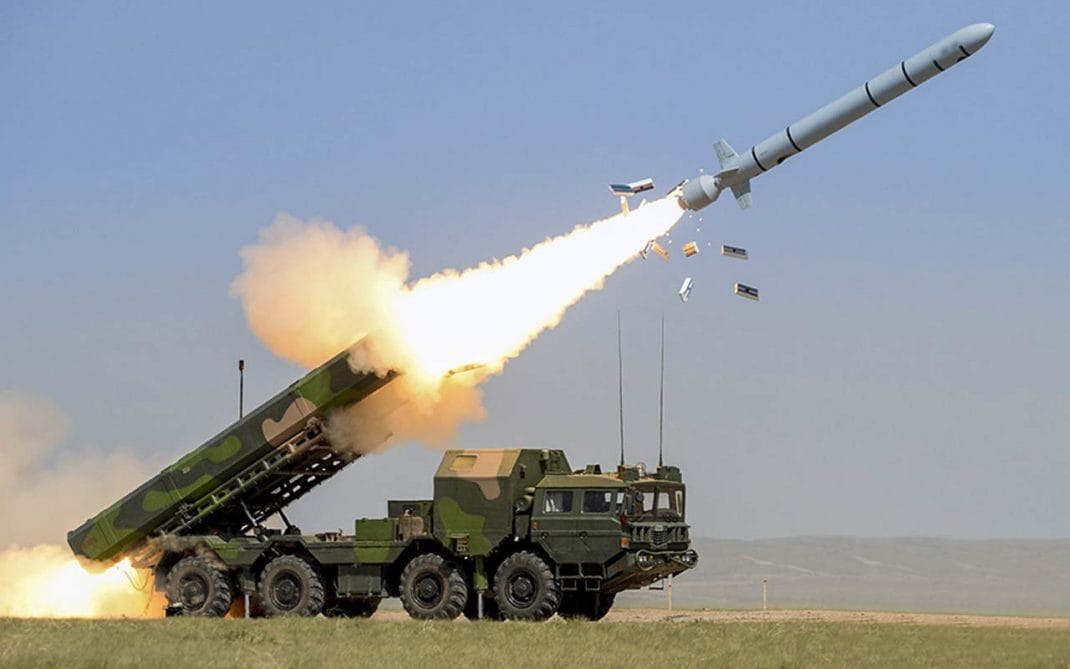
Vladimir Putin has said repeatedly that he would be willing to use his nuclear weapons if necessary. He has a strong incentive to use them if he believes that it would be in the best interests of his country. However, he has also repeatedly pledged that he will not use nuclear weapons in the face of an attack. A recent report by the US National Security Agency suggests that this is a dangerous trend. Even though the Russians are a nuclear power, they have not used it in the last four years.
Despite the potential risks, the Russian president has been clear about his intentions
He has put its nuclear forces on “special” alert. Although the United States has five-and-a-half times the number of nuclear warheads as Russia does, the use of the nuclear weapons by the latter will make the U.S. nuclear power more powerful than the U.S. at this time. It is crucial for both countries to make sure that they do not stray into Ukraine.
In addition to nuclear weapons, Russia has also developed new technologies and technology to produce the fuel for the bomb. The company OKBM Afrikantov is the world’s leading manufacturer of fast breeder reactors. Rosatom is the state atomic energy corporation, and was founded in 1982. In the 1980s, the USA published a report called Technology and Soviet Energy Availability in Boulder, Colorado. In that year, the United States also signed the International Atomic Energy Treaty, but the two countries are still not in a position to do so.
Russian Nuclear Powers: https://en.wikipedia.org/wiki/Nuclear_power_in_Russia

